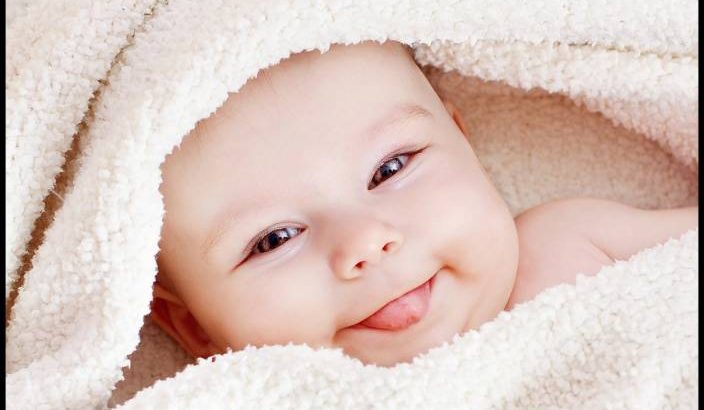Parenting Matters
It almost seems unnecessary to say that a good start in life sets a child up for the journey that follows. We are only beginning to make sense of what mothers and grandmothers instinctively knew but may not have described.
I worked at Crumlin Hospital in the 1990’s when there was one psychologist working in the hospital and she was run off her feet doing what she could to make a difference.
When a play therapist came to work in the hospital and showed an immediate interest in long-term infant patients, many experienced staff were surprised. I remember a little boy who had spent his entire first year of life in hospital suddenly become interested and engaged with his environment. With a few simple ideas she transformed that child’s world and everyone noticed that suddenly he looked happy when up to that time, he looked sick.
I have never forgotten Aedín De Faoite and how people like her inspired me to become a psychologist. I met her father and mother at an awards ceremony and discovered that her father was a psychologist who engaged baby Aedín with toys of different types and surrounded her with calm and interesting sounds to encourage her to reach out and safely explore from the earliest possible time.
Genes
Babies need a rich environment to thrive. Babies come into the world with their inherited genes. What parents do to enhance that is important.
Many spend some or a lot of adult life trying to repair what wounds our character as a result of dysfunction in earlier years. Parents who are aware of their character and who can make the most of their strengths are also wise to be honest about what might be abrasive or harsh in their personalities also. This is not easy to recognise but it is important to try.
Most people know that it is important to spend quality time with babies. Few would think that all a baby wants is to sleep and be fed. Yet that was a view once widely held. It might shock people to know that it is within living memory that it was thought that babies did not experience pain until they reached a few months of age. It is worth remembering that simple things matter and are worth restating.
Parents would benefit from looking around their homes and asking a few simple questions. Is your home child friendly? Think about light and how you use it. Is it calm or harsh? Think about sound or how you play music and when. When you speak, do you talk calmly or loudly? When you come into the room where baby is lying, how do you announce yourself? If a baby startles, you would be wise to change how you come into a room so that it is calm.
What happens at night as the day comes to an end and how do you promote sleep time? Babies come into the world from a very protected womb and are launched into a world that is noisy and often garish. Introducing them to that world is best done gradually and with a solid background of calm.
Babies have preferences but they need those expanded. Clothes, teddies, blankets and little toys of different texture and colour are important to introduce to the baby. Even a variety of over-the-cot mobiles are important.
Difference
However fabulous the baby gear, what makes the difference with these ideas is you the mother or father watching and helping your baby to become interested in the world around them.
Newborn babies do not recognise colour or faces but they know who their mam and dad are. Face recognition is one of the first things a baby develops after three or four months of age. Your smiling and cooing and stimulation of your babies interest is important for their development. It gets them more aware of you but also makes exploration rewarding and deepens their sense of attachment and safety. When this happens, you protect a baby from the confusion of sadness or the distress of feeling isolated. When your baby has that sense in their bodies and minds, they will more easily self soothe and settle when you leave them alone. All of us must learn how to be comfortably alone and that becomes easier when we learn it as babies in the context of an environmentally rich home.
The point of all this is to make it clear that babies have feelings and experience emotions. They don’t have language to describe them or language to do self-talk so emotion marks itself in the brain and character. For that reason how adults behave towards babies is very important. A baby’s diet needs to be rich in nourishment in food but also sleep, colour, sound and behaviour.
I am always moved by how small children and adults alike approach a new baby. You can see the respect and awe at the beauty of new life. Wisdom like that tells us that nature imbues us with a sense of how to be in the presence of new life.
Parents and others interested in learning more about infant mental health will find useful resources at iaimh.ie. As a psychologist, I am also delighted that my own professional body has recently established a forum to promote education and training in this vital first stage of life outside the womb.
*Dr Colm Humphries is a clinical psychologist based at Philemon in Maynooth, Co. Kildare.



